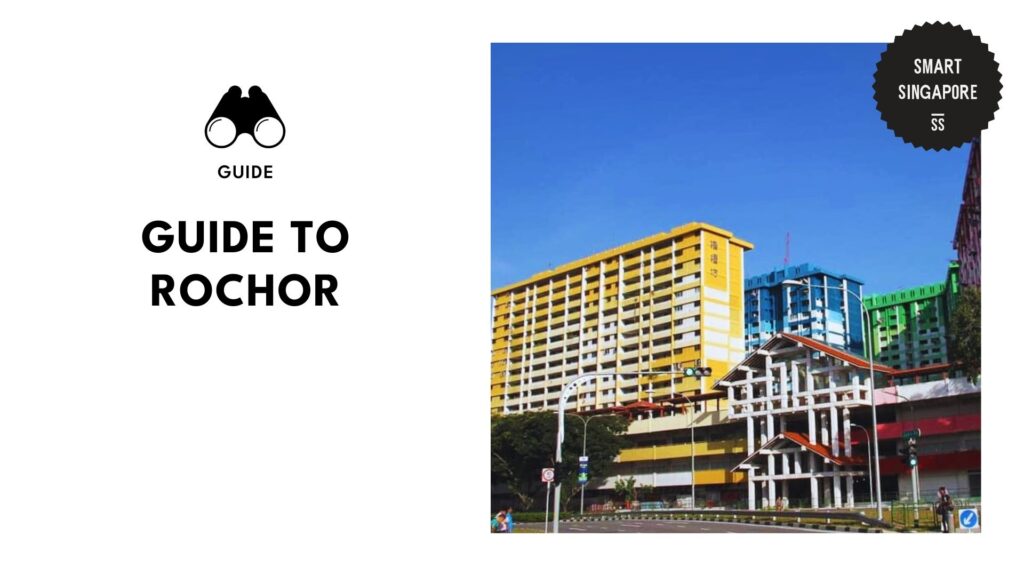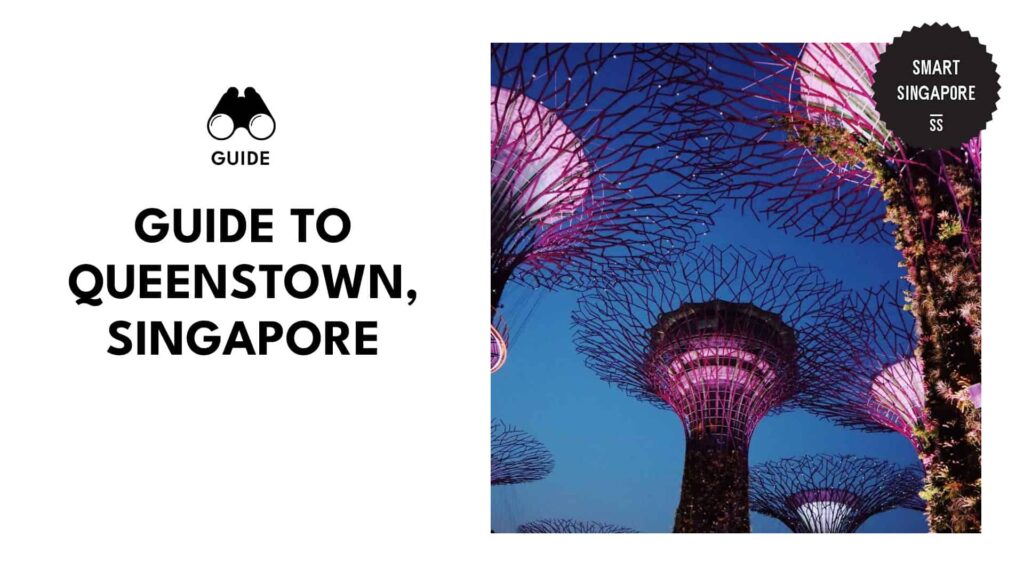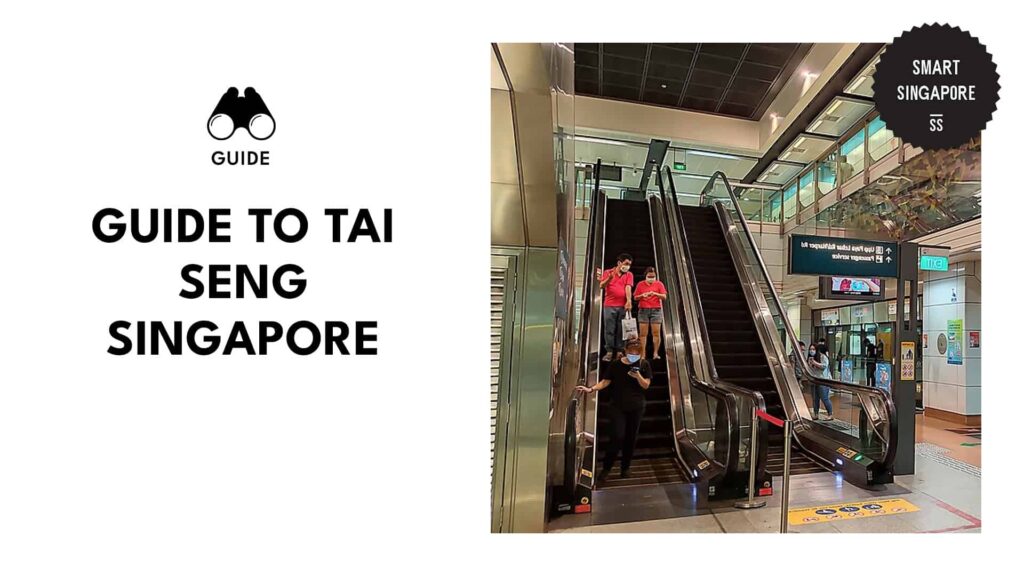Categories > Guides and Tips
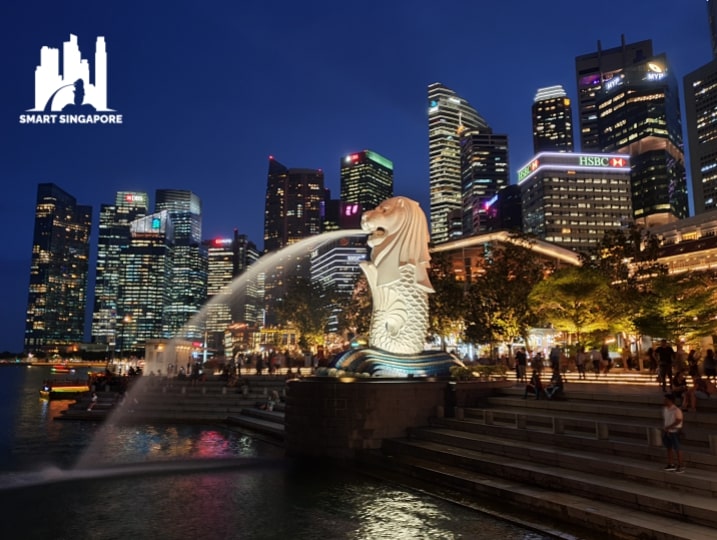
Tips You Need to Know for Your Visit to Singapore
- What languages are commonly used in Singapore?
- How much money should you bring to Singapore?
- Is Singapore a safe country?
- What is the best way to go around Singapore?
- What is the electrical current of Singapore?
- Best Time to Visit Singapore
- When are the best months to visit Singapore?
- What is the climate of Singapore?
- Tips on Singapore’s Health and COVID Guidelines
- Can you visit Singapore without receiving a COVID vaccination?
- Do I need to fill out a health declaration form before entering Singapore?
- Diseases Commonly Found in Singapore
- Tips on Singapore’s Laws and Security
- Is chewing gum really banned in Singapore?
- Can you smoke in public while in Singapore?
- Singapore’s Policy on Littering
- Tips on Respecting Singapore’s Cultural Norms
- Is there a dress code to follow in Singapore?
- Most Followed Religions in Singapore
- How can you say ‘hello’ in Singapore’s different languages?
- What is considered disrespectful in Singapore?
- Is there a tipping culture in Singapore?
Are you travelling to Singapore soon? How to act, what to wear, dos and don’ts—these things are essential to know if you want to have the best experience.
So before you board your flight, take a look at these tips we’ve gathered to make sure you enjoy your visit to the Lion City. We also answered some frequently asked questions you may be curious about.
What languages are commonly used in Singapore?

There are four languages commonly used in Singapore: English, Mandarin, Malay, and Tamil. Thanks to its diverse population, people in the city tend to learn more than one language.
If you only know the English language, then there’s nothing to worry about. Singapore is rated as one of the most fluent nations in Southeast Asia when it comes to speaking English.
If you ever want to chat with a stranger in Singapore, don’t overthink it and just strike up a friendly greeting in English.
How much money should you bring to Singapore?
You should bring at least the equivalent of SGD 1,200 for a week’s visit to Singapore. A day’s worth of meals costs around SGD 30, and using public transportation might cost you SGD 13 per day.
Singapore is a rich country, which means the standard of living is naturally higher there. The higher the standard of living a country has, the higher the prices there tend to be.
Make sure to plan your visit well to make the most out of your money. If you have companions, you’ll need to allocate a higher budget for your visit.
Is Singapore a safe country?
You can rest easy going out to enjoy Singapore’s offerings anytime, as Singapore is one of the safest cities to visit in Asia.
Thanks to its vigilant law enforcement and strict laws, you can go out of your hotel even late at night without any worries.
However, the responsibility still lies within you. As a tourist, it is important that you remain on guard.
Always stick to well-lit and populated areas, and never be afraid to ask a police officer for help if you find suspicious activity in the area. The national emergency hotline of Singapore is 999 for the police and 995 for ambulance services.
What is the best way to go around Singapore?
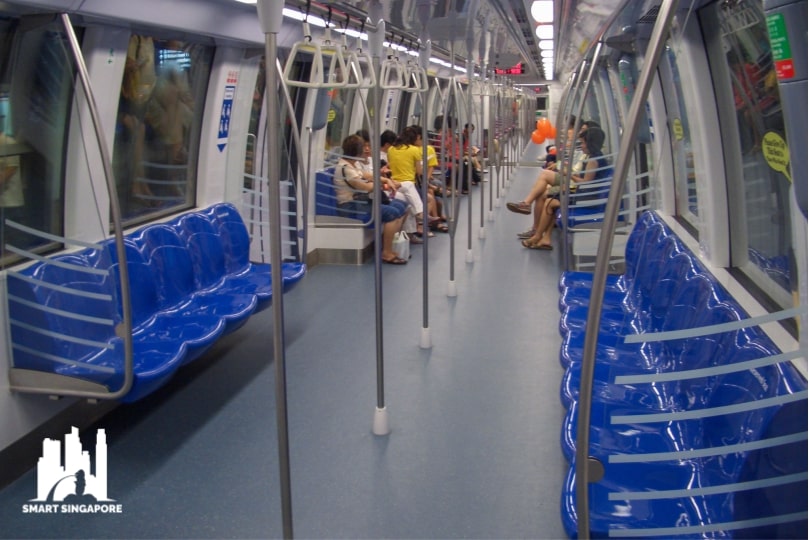
The best way to visit places around Singapore is by public transportation, especially through their highly efficient Mass Rapid Transit system.
Luckily for tourists, Singapore offers the Singapore Tourist Pass, which is an ez-link card that allows visitors to enjoy unlimited access to Singapore’s bus and train systems for a maximum of three days.
As a small nation, Singapore actively encourages the use of public transportation over cars since cars tend to use more space on the road and in parking spaces.
There is no need to worry about your destination being too far from a train or bus station because Singapore has made sure that all stations are only a walking distance away from popular destinations.
If you still prefer to be brought privately to your destination, then you’ll have no problems thanks to their wide fleet of taxi cabs ready to serve you.
What is the electrical current of Singapore?
The electrical current in use in Singapore is 220–240 volts. Make sure that any electronics and chargers you carry can accommodate the said current.
Most outlets in Singapore also support the three-square-prong design. If you have something like that, then you probably wouldn’t need to carry an adaptor.
Best Time to Visit Singapore
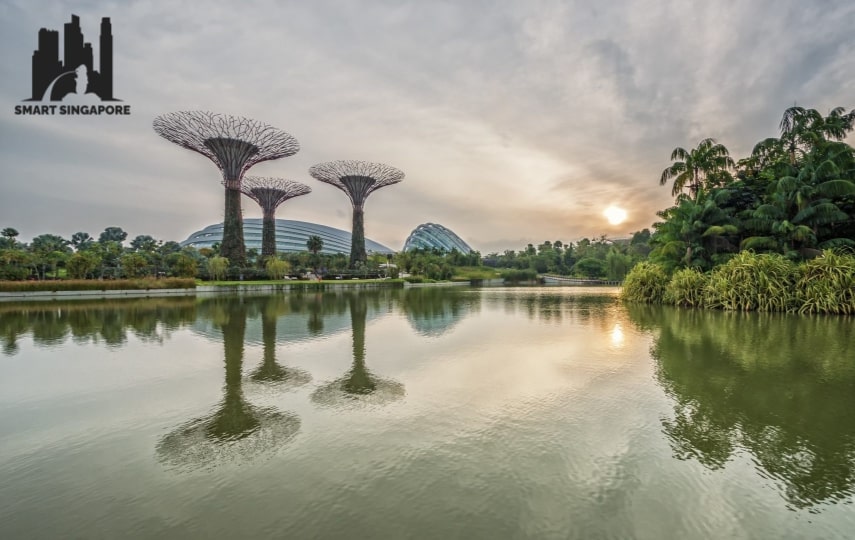
As you can see on the world map, Singapore is located near the equator. That means it is a tropical country with only two seasons and can get irritatingly hot at some months of the year.
Let us tell you when you should visit Singapore to avoid its wetter months and enjoy the city without worrying about the rain.
When are the best months to visit Singapore?
The best months to visit Singapore are between the months of January and June. While Singapore’s climate allows you to visit the country anytime, the months between January and June are the times when Singapore is at its driest.
While Singapore is in the dry season, you can expect little chance of rainfall and low humidity, which is the perfect time to go out and explore the city.
What is the climate of Singapore?
Singapore is a country with a tropical climate. As a tropical country, it only has two seasons: wet and dry.
Singapore also has high humidity and temperatures at a minimum of 23℃.
Expect a lot of rain during the months of November to January, as this is the northeast monsoon season. If you don’t want to see Singapore in gloomy weather, it is best to avoid these months.
Tips on Singapore’s Health and COVID Guidelines
As countries around the world start to relax their pandemic restrictions, you might find yourself asking what’s the policy of Singapore on COVID and general health.
Here is some information we gathered about Singapore’s health and safety guidelines for tourists.
Can you visit Singapore without receiving a COVID vaccination?
Since August 29, 2022, Singapore has allowed people without full COVID vaccination to enter the city.
Unlike before when unvaccinated visitors needed to quarantine themselves upon arrival, Singapore only needs its visitors to test negative for a COVID test two days before their arrival.
However, Singapore still requires its unvaccinated visitors to have travel insurance that covers COVID-19.
Do I need to fill out a health declaration form before entering Singapore?
All travellers entering Singapore are required to fill out an electronic health declaration form three days before they enter Singapore. This is done using the SG Arrival e-Service.
This applies to everyone entering Singapore, even to its citizens and permanent residents returning from abroad.
Diseases Commonly Found in Singapore

As a tropical country, the most common diseases in Singapore are those carried by mosquitoes like dengue and malaria. Avoid visiting Singapore during its wetter months, as those are when the mosquito population is at its highest.
It is also recommended to carry mosquito repellants before visiting Singapore. Make sure you stay away from stagnant water and try wearing clothes with long sleeves if possible.
Tips on Singapore’s Laws and Security
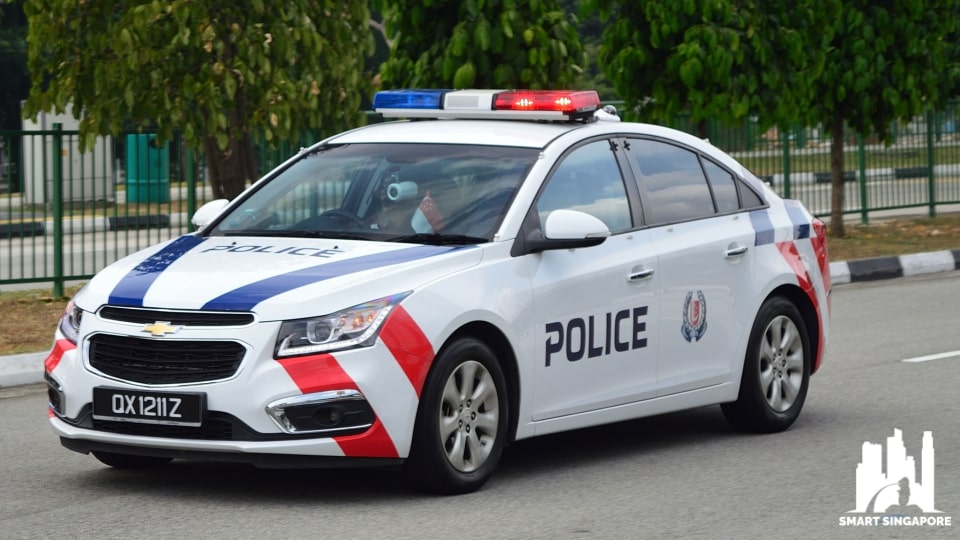
For tourists, Singapore is one of the best places to visit in Asia thanks to its security and safety. However, this is only made possible thanks to their vigilant and strict law enforcement.
Some of the obvious things you need to avoid are jaywalking and littering. Singapore is really strict when it comes to those violations, and you’ll be fined heavily for breaking them.
Also, no recreational drugs or substances are allowed in Singapore. Unlike the west where the opinion on recreational drugs has begun to change, Singapore is still strict when it comes to illegal drugs and substances.
Selling and/or possession of illegal substances can result in serious jail time or even the death penalty.
Here are some tips you need to know to avoid breaking the law and having to pay a fine during your visit to the Garden City.
Is chewing gum really banned in Singapore?
Singapore is still banning most chewing gums. As part of their strict anti-littering laws, Singapore wants to prevent used chewing gum from littering public places and transportation.
However, the laws were relaxed a bit, and medicinal chewing gums are now allowed, which you can buy from a licensed doctor or pharmacist.
Can you smoke in public while in Singapore?
Most indoor public spaces in Singapore do not allow you to smoke while on the premises. However, there are places with designated spots where smoking is allowed.
Be careful where and when you smoke. For anyone caught smoking in prohibited areas, a fine of SGD 200 will immediately be imposed.
Singapore’s Policy on Littering

Singapore is strict when it comes to littering, with fines of up to SGD 1,000 for first-time offenders and more than SGD 2,000 as well as community service for repeat offenders.
The Fine City takes great pride in its cleanliness and will not tolerate any littering. Make sure you have a plastic bag that can hold your trash whenever you travel around the city.
If your litter is small enough to fit in your pocket, keep it in your pocket until you find the nearest available trash can.
Tips on Respecting Singapore’s Cultural Norms
As with any country, Singapore also has its own customs and traditions which it expects its visitors to respect and follow.
While Singapore is one of the richest countries in Asia with heavy western influences, they still follow many old Southeast Asian practices.
Here are some tips you can follow to make sure you will not unintentionally offend any locals you come across.
Is there a dress code to follow in Singapore?
Singapore has no dress code to follow. Singapore is a tropical country, which means wearing long dresses and clothes is not practical.
As long as you are wearing comfortable and clean clothes, you’ll have no problems visiting everything SG has to offer.
Most Followed Religions in Singapore

The three most followed religions in Singapore are Buddhism, Islam, and Christianity. Buddhism is the most followed, with more than 30 per cent of the island’s population identifying themselves as Buddhists.
Thanks to Singapore’s diverse population who follow different kinds of religion, there is no defining religion that affects the way of life of Singapore’s inhabitants greatly unlike other countries.
We recommend that you research a little bit into these three religions first before visiting Singapore so as to know how to properly act and talk to a follower of one of these religions.
How can you say ‘hello’ in Singapore’s different languages?
You’ll have no problems greeting someone in English while in Singapore because they can speak English fluently. But if you want to greet someone using Singapore’s other languages then you can use these:
- Mandarin: Ni hao!
- Indian: Namaste!
- Malay: Selamat!
Using these phrases to greet a local in Singapore might produce a better first impression and improve your conversation.
What is considered disrespectful in Singapore?
- Pointing with one’s finger
- Touching another’s head
- Exposing one’s foot in public
- Public displays of affection
It is considered disrespectful to point at someone or something with your finger in Singapore. If you want to point at something, it is better if you use your whole hand or nod your head towards its direction.
Singaporeans also consider the head as the most sacred part of one’s body. Make sure to never touch someone’s head, especially if it’s someone you recently just met.
They also view the feet as the dirtiest part of the body, and thus it is recommended that you never expose the bottom part of your feet while in public areas.
Because Singapore is still mostly a conservative country, any public display of affection is heavily frowned upon. If you want to show your love to someone in public, it is better to do it with words instead.
Is there a tipping culture in Singapore?

Tipping is not a custom in Singapore. Giving a tip to your waiter for their excellent service is oftentimes unnecessary, as most establishments in Singapore already include a service fee on your bill.
However, if you still want to tip, then it is totally fine. Giving a tip to your cab driver for his good driving skills is not a problem and will certainly make his day better.
If you personally want to thank someone for their service then, by all means, tip away.

